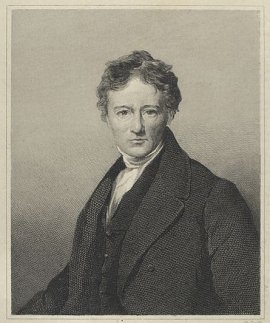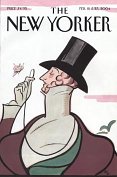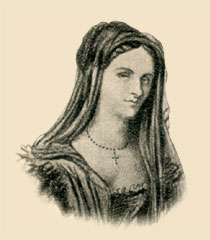A young gentleman happened to sit at church in a pew adjoining one in which sat a young lady for whom he conceived a sudden and violent passion, and was desirous of entering into a courtship on the spot; but the place not favoring a formal declaration, the exigency of the case suggested the following plan: he politely handed his fair neighbor a Bible opened, with a pin stuck in the following text:
‘And now I beseech thee, lady, not as though I wrote a new commandment unto thee, but that which we had from the beginning, that we love one another.’
She returned it, pointing to the verse in Ruth:
‘Then she fell on her face, and bowed herself to the ground, and said unto him, Why have I found grace in thine eyes, seeing I am a stranger?’
He returned the book, pointing to the following:
‘Having many things to write unto you, I would not with paper and ink: but I trust to come unto you, and speak face to face, that our joy may be full.’
A marriage soon after resulted from this Biblical interview.
— Harper’s New Monthly Magazine, February 1867





